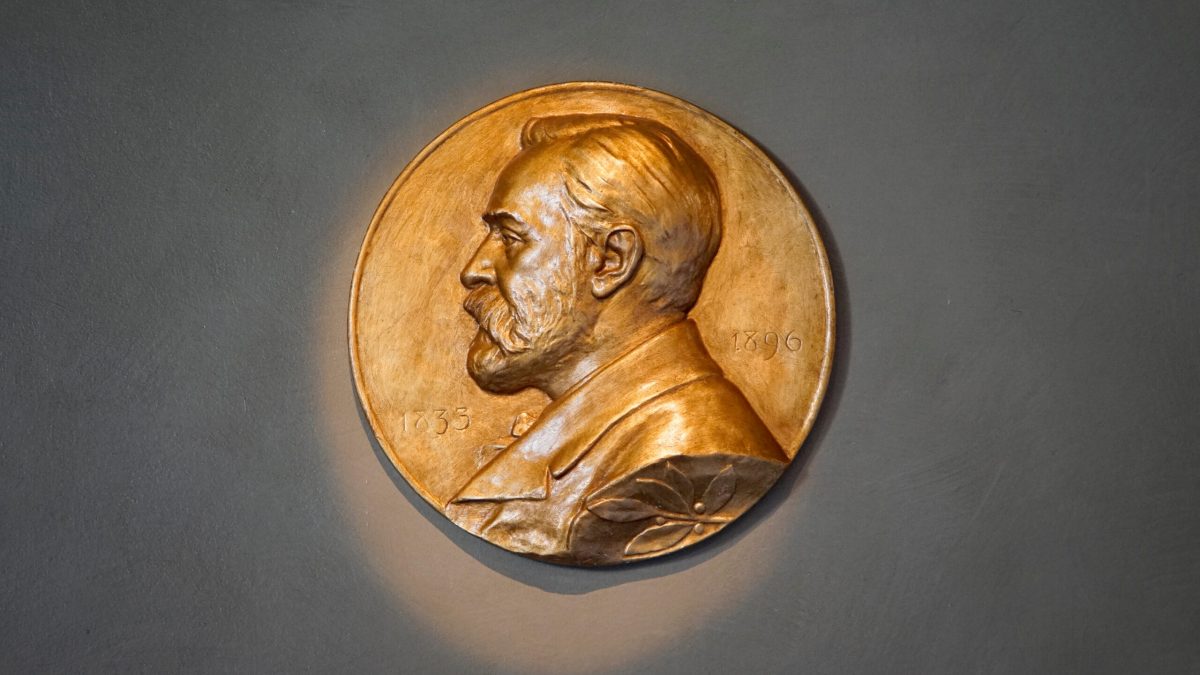Three distinguished economists—Daron Acemoglu, Simon Johnson, and James Robinson—have been awarded the 2024 Nobel Prize in Economic Sciences for their groundbreaking research on how institutions shape economic outcomes.
Their work explores why some countries become wealthy while others remain impoverished, earning international recognition for its clarity and depth.
The prize includes a cash award of 11 million Swedish kronor and honors their contributions to understanding the role of political and economic institutions in driving prosperity.
Nation’s success depends on the strength of its institutions
At the heart of Acemoglu, Johnson, and Robinson’s research is the argument that a nation’s success or failure hinges on the strength of its institutions.
Inclusive institutions, which promote the rule of law and property rights, enable societies to prosper by encouraging innovation, investment, and the equitable distribution of resources.
Conversely, extractive institutions, which serve the interests of elites at the expense of the broader population, stifle economic growth.
This research is particularly significant in the context of post-colonial countries, where European colonization often imposed extractive institutions aimed at exploiting indigenous populations.
According to the Nobel Committee, the laureates’ work “explains why societies with poor rule of law and institutions that exploit the population fail to generate growth.”
Conversely, countries that have introduced inclusive institutions have experienced higher levels of sustained economic growth.
Colonization and its long-lasting effects
The laureates’ work highlights the complex legacies of colonization. In many regions, colonizers established institutions designed to extract resources and suppress local populations.
However, in some cases, colonization also laid the groundwork for more inclusive political and economic systems, contributing to long-term prosperity.
The Nobel Committee noted that the economists’ research provides a framework for understanding how institutions introduced during colonization continue to shape economic outcomes today.
Acemoglu, a Turkish-American professor at MIT; Johnson, a British-American professor at MIT; and Robinson, a British professor at the University of Chicago, have long argued that differences in prosperity between countries can be traced back to the institutions established during colonization.
The introduction of more inclusive institutions, less extraction and the rule of law would create long-term benefits. So why don’t the elite simply replace the existing economic system?
The laureates’ model for explaining the circumstances under which political institutions are…
1.8K
Reply
Copy link
The role of political institutions in economic growth
One of the key findings from the laureates’ work is that economic success is closely tied to the nature of political institutions.
According to their model, inclusive institutions are essential for sustained economic growth, as they provide the political stability and legal framework necessary for innovation and investment to flourish.
In contrast, extractive institutions, which benefit a select few, are prone to instability and poor economic performance.
Their research also explains why elites often resist institutional change. By maintaining extractive institutions, elites can monopolize resources and power.
The laureates argue that under such circumstances, political and economic reforms are frequently blocked, even when these changes could lead to greater long-term prosperity for the broader population.
Technology and inequality
In their more recent work, Acemoglu and Johnson have expanded their research to examine the impact of technological change on inequality.
Their 2023 book, Power and Progress, explores how technological advances—from the agricultural revolution to the rise of artificial intelligence (AI)—have often benefited the elite at the expense of the general population.
They warn that without appropriate institutional safeguards, the current trajectory of AI development could exacerbate inequality rather than promote widespread economic benefits.
While the authors are cautious about the future of AI, they argue that inclusive institutions can help ensure that technological progress benefits a broader section of society.
However, they caution that countries with extractive institutions are less likely to achieve long-term, sustainable innovation outcomes.
The path forward for global economies
The awarding of the Nobel Prize to Acemoglu, Johnson, and Robinson underscores the importance of institutions in shaping economic outcomes.
Their research highlights that while countries with inclusive institutions are more likely to experience sustainable growth, those with extractive systems face persistent economic challenges.
As the global economy continues to grapple with the effects of technological change and political instability, the laureates’ work provides valuable insights into how institutions can be reformed to promote inclusive growth.
By addressing the root causes of inequality and fostering political stability, countries can create the conditions necessary for long-term prosperity.
The post Daron Acemoglu, Simon Johnson, James Robinson win Nobel Prize for research on why countries succeed or fail appeared first on Invezz

